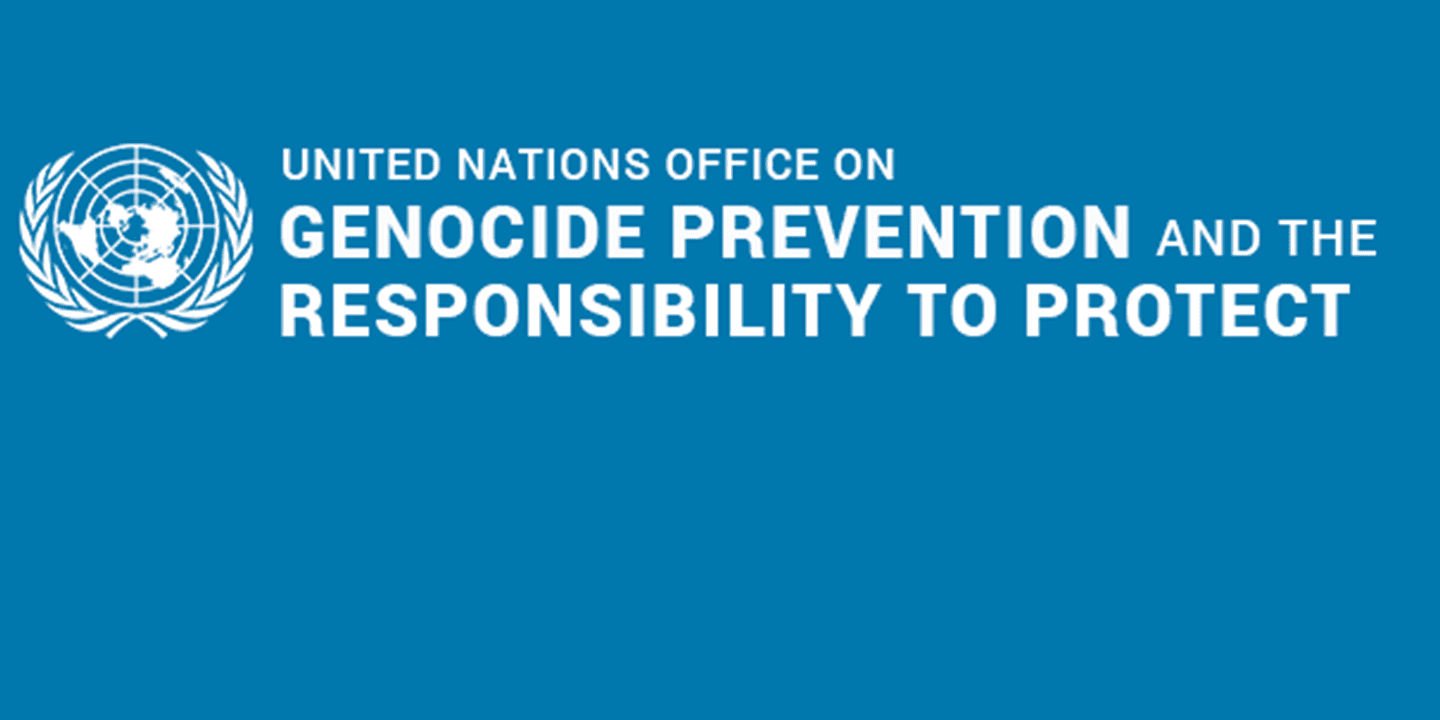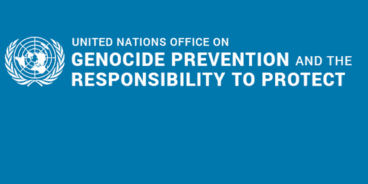
Media Briefing by Adama Dieng, UN Special Adviser on the Prevention of Genocide on his Mission to South Sudan
(Juba) The United Nations Secretary-General, Mr. Ban Kimoon, asked the High Commissioner for Human Rights, Navi Pillay and I (his Special Adviser on the Prevention of Genocide) to visit South Sudan this week to follow up on the recent brutal attacks against civilians in the northern town of Bentiu, where people were killed even in places of worship and hospitals, and within a United Nations base in Bor, where IDPs were sheltering. Of particular concern to us, also, were reports of the use of the radio in Bentiu to incite ethnic violence, including sexual violence against women.
As the High commissioner has informed you, we have held consultations in South Sudan with senior government leaders, including with President Salva Kiir and some of his ministers, civil society, displaced persons and the leader of SPLA/M in Opposition, Dr. Riek Machar. From these consultations and other available reports, it is clear that the conflict has taken a dangerous trajectory, and civilians are being deliberately targeted based on their ethnicity and perceived political affiliation.
My primary focus is the prevention of genocide and other related atrocity crimes. My office advocates for measures to protect populations from being targeted on the basis of their identity. What is happening in this country has put the population at high risk of serious violence. In our meetings, we have reiterated and reminded the President and the government that the state has a primary responsibility to protect all South Sudanese, irrespective of their ethnic, national or political affiliation.
UNMISS is doing its best under very difficult circumstances. South Sudan leaders must assume higher responsibility to ensure that those under their authority do not commit serious violations of human rights or international humanitarian law. They should send strong messages to call for the unity and respect of all South Sudanese and take immediate measures to end the violence. I am glad that in our meetings this week they have both affirmed the will to do this. I hope that they will now take concrete steps to act on their commitments.
As we search for peace in this young nation, we must also ensure that those responsible for crimes committed here must be held to account. There can be no peace without justice. The current culture of impunity will only serve to undermine our efforts. We have learned this the hard way, from events in other places, including from the genocide that took place 20 years ago in Rwanda. To the survivors of the genocide, we owe a pledge to take all possible measures within our power to protect populations from another Rwanda. There is no excuse for inaction.
In this regard, I welcome the IGAD mediation efforts and the role of the African Union-led Commission of Inquiry on South Sudan aimed at ending the violence and bring justice to the victims. The region should strive further and take urgent measures to end the violence. To paraphrase the President of Kenya, who is also the chairman of the East African community, recently stated as follows:
“It is heart-wrenching for us in IGAD, EAC, African Union and indeed the wider global community to sit and watch atrocities being committed on daily basis. This must be put to a stop.” He further he called upon all parties to bring their military activities and killing of innocent people to an immediate end and bring to account those involved. This is very welcome and I urge all the regional leaders to support South Sudan in this effort. South Sudan should not be led down this slippery slope. As I leave Juba, I beseech everyone; the South Sudanese, your leaders, the regional and the international community, to take immediate measures to end the violence and uphold our collective responsibility to protect the populations of South Sudan from genocide, war crimes, ethnic cleansing and crimes against humanity. Ethnicity should not be used as a reason to incite violence or demonize and exclude any community or section of the population. The world is watching. Those responsible for serious violations must be held accountable.
South Sudanese should also engage on genuine reconciliation, that will ensure they coexist as one people. Their diversity should not be used to divide them but should be their strength to live as one nation. Everyone in this country has a role to contribute towards this end. I encourage the government to engage with all actors, including the civil society, community and religious leaders as you forge for peace. remain vigilant to end the violence and ensure peace. This is your country and you have even a bigger responsibility to bring peace to South Sudan.
Thank you.
Related Content
